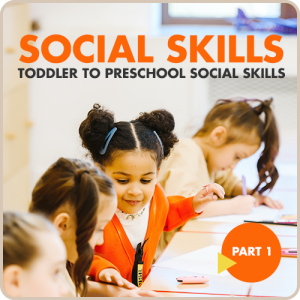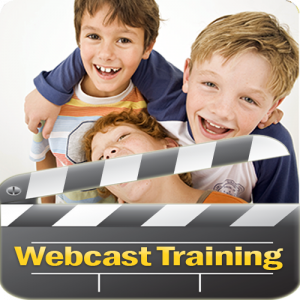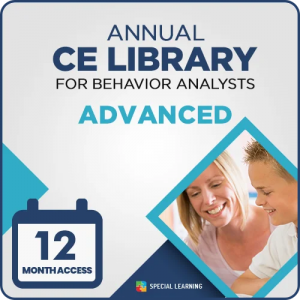Knowing Your Child’s Developmental Milestones
- Look at faces and objects with interest.
- Recognizes and reacts to faces and voices.
- Smiles at just about anyone.
- Curious and turns had towards the sound.
- Can recognize other people’s emotions.
- Plays hide and seek with objects.
- Tries to reach objects in hard-to-reach places.
- Puts everything in the mouth.
- Turns head when called by name
- Babbles.
- Imitates people and sounds.
- Enjoys games such as “peek-a-boo”.
- Explores objects on sight.
- Understands the word “no”.
- Points at objects.
- Can say single words.
- Turns their body towards the person who called his name.
- Enjoys being around other children.
- Understands simple sentences.
- Points to people and pictures.
- Can sort shapes and colors.
- Engages in “make-believe”.
- Follows some instructions.
- Can combine two words.
- Displays affection.
- Can make simple mechanical toys work.
- Can match objects to pictures, colors, and shapes.
- Can follow 2 to 3 part commands.
- Can use simple sentences to communicate.
- Uses pronouns – I, you, me – and plurals – cars, dogs.
- Plays and cooperates with other children.
- Creative and inventive in “make-believe” play.
- Can name colors and count.
- Speaks in five to six-word sentences.
- Can tell stories.
- Speaks clearly enough for strangers to understand.
- Follows 3 part commands.
- Understands “same” and “different”.
- Likes imitating friends.
- Likes to sing, dance and act.
- Distinguishes fantasy from reality.
- Increased independence.
- Can count to 10 or more.
- Speaks in sentences of more than five words.
- Tells longer stories.
If your child is not meeting these milestones, it is important to reach out to their doctor as quickly as possible to determine if he or she is at risk for autism spectrum disorder. If your child does receive an ASD diagnosis, it is critical to receive autism training as early as possible to help your child meet their full potential. While there is no cure for ASD, an autism intervention called “Applied Behavior Analysis” has been found to show improvement in nearly 90% of individuals with ASD. Special Learning has introductory and advanced autism training and ABA pieces of training that can help parents navigate the challenges of helping their children become successful.
Copyright © by Special Learning Inc. All right reserved.
No part of this article may be reproduced in any manner whatsoever without written permission except in the case of brief quotations embodied in critical articles and reviews. For information, contact Special Learning Inc., at: contact@special-learning.com








